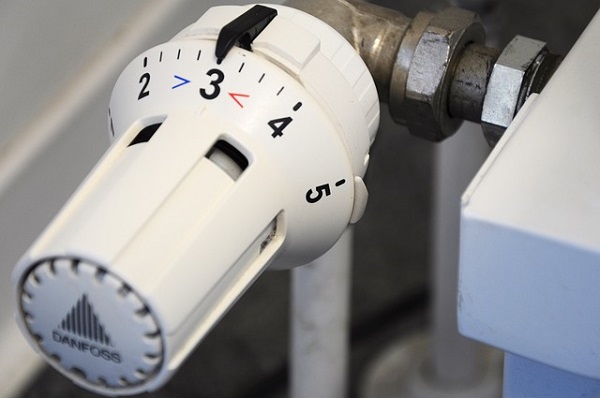
0800 377 7507
Get in touchBe energy efficient: Winter proof your home (part one)
In advance of the colder months and winter, there are plenty of ways to winter proof your home to help you make energy efficiencies and savings. The professional domestic cleaning company, MOLLY MAID, recommends that you consider undertaking some of these simple tasks as you’ll be amazed how the small changes can result in vast savings.
- Visual external assessment: Conduct an visual assessment of your home and check the following:
- Check the roof for dislodged tiles or areas that could do with patching up.
- Ensure chimney pots look stable and intact.
- Clear gutters and ensure that gulleys are clear.
- Examine external drain pipes and especially those used for central heating need to be insulated.
- Insulate external taps and pipes in preparation of frost and lower temperatures.
- Colder temperatures and frost can play havoc with external walls so, check the pointing and make sure that water can run off the building.
- Check your window frames and ensure that there are no obvious gaps where rain water can leak in.
- Insulation: Winterproof your home internally by starting with insulation. If your loft is not insulated, it is a good idea to insulate it to the current standard as this will stop your home from losing too much heat. By installing loft insulation, you could save yourself around £250 a year according to AXA.
- Draughts: Ensure that you eliminate as many draughts from doors and windows as possible by taping or sealing them up with special draught excluders. Consider this for the letterbox too as it also tends to create a draught.
- Curtains: Nowadays, it is possible to invest in curtains which have a thermal lining to prevent heat escaping and keeping the home warm and cosy.
- Rugs: If you have draughty floor boards, which can sometimes be the case in older properties, think about laying down rugs for the winter.
- Thermostat: Try setting your thermostat to one degree lower than you would normally (ideally anywhere in the 18 to 21 degrees area). The chances are that if you have made some of the above changes you won’t notice the change in temperature, but you will certainly on your bill! According to the Energy Savings Trust, you could reduce your bill by £80-£85 a year by turning the temperature down just one degrees.
- Radiators: More than 75% of the UK population use gas to heat their homes, which means it’s essential for the efficiency of a boiler to bleed the radiators. If there are air bubbles trapped in the radiator, they will prevent the water from heating fully, yet using just as much energy from the boiler.
Once you have winterproofed your home with the above steps, then move onto making further efficiencies with your appliances in the home in our Part Two of the blog.
